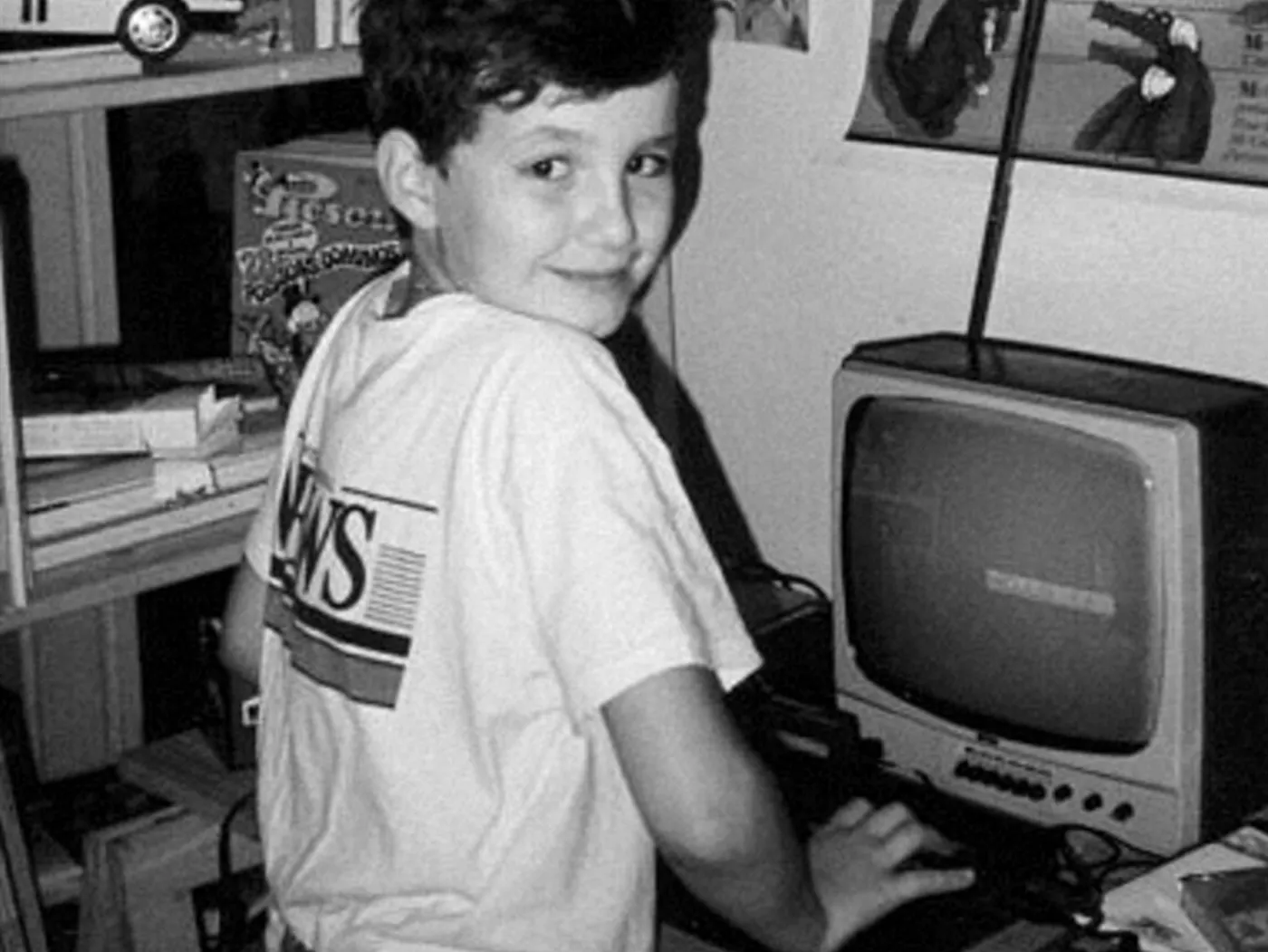The land belongs to Google, Facebook, Amazon… They own the data centres.
You can build all you want, but you never know who owns what and for how long… and your corner looks like this:
Imagine your Facebook profile or your twitter account as a hut, a dwelling or one of these blue tents.
The walls don’t belong to you and they can change appearance at any time. The lock on your door? Sometimes it works. Sometimes it doesn’t. Sometimes you come home to find some stranger in your bed reading your private messages…. That’s the internet for you.
The only things that belongs to you is your data but to be on that land you have to give up your commercial rights to it. When there is an ad next to your profile page… you get nothing! If you find yourself on top of a search results page, surrounded by ads… you get zero! and worse, if you don’t pay Google a rent, your competitor jumps on top of you with an ad…
You’re either a squatter or a renter. You are nothing more than a slum dweller of the digital world.
Sure, you’d like to leave. And good luck to you. This is where your friends and family live too. Even if you don’t like Facebook, closing your account excommunicates you from their memories, out of sight, out of mind. So you stay, and suffer.
The solution? Land titling.
Land titling is a form of land reform in which private individuals and families are given formal property rights for land which they have previously occupied informally or used on the basis of customary land tenure. Proponents argue that providing formal titles increases security of land tenure, supports development of markets in land, and allows better access to credit (using land titles as collateral).
My friend, Syahfirie Manaf introduced me to the concept. The World Bank, his employer, brought land titling to Indonesia forty years ago.
The same idea worked in Ecuador, Vietnam, Bahia, Kabul, Mauritania, India… What were once economic slums grew to become billion euro economies.
As soon as you get land titles, you are not in a slum anymore! You are now free to sell your land, pass it to your children, or improve your home and local infrastructures.
That’s what Belua is trying to do with the Internet. Instead of land titles, you’ll own shares of the relevance, fame and other realities you helped create.

